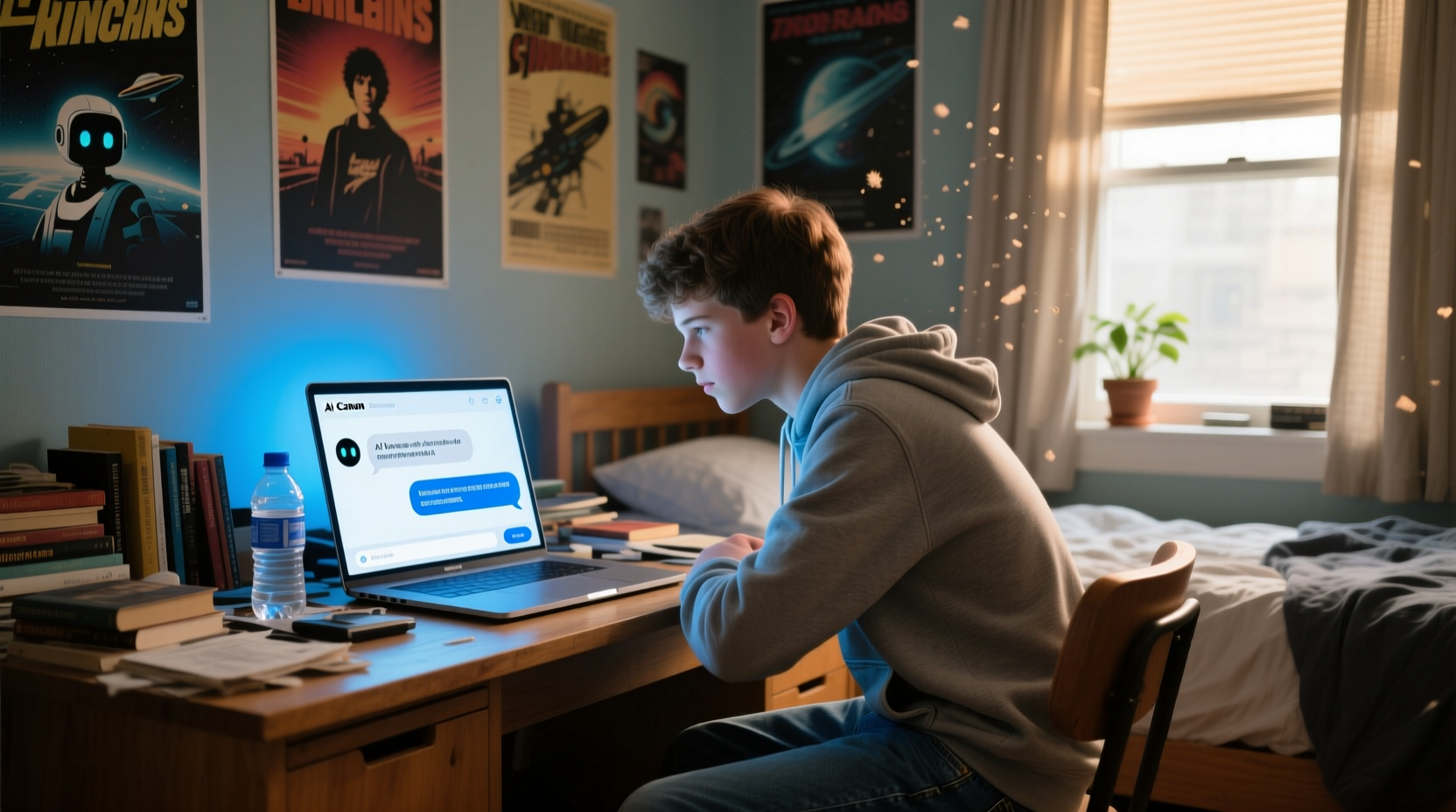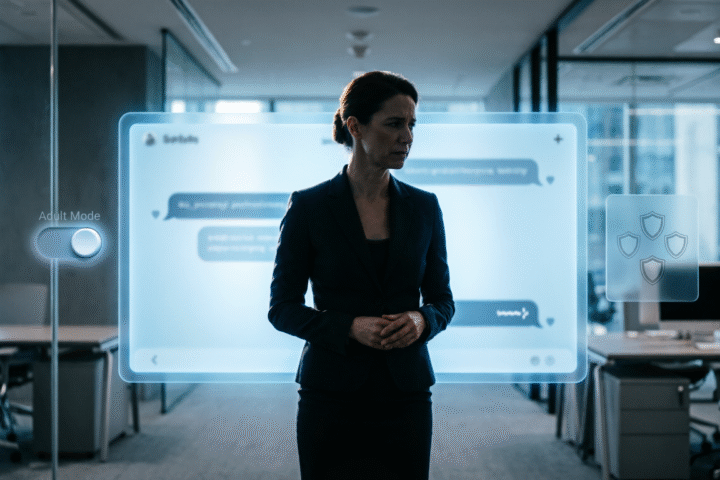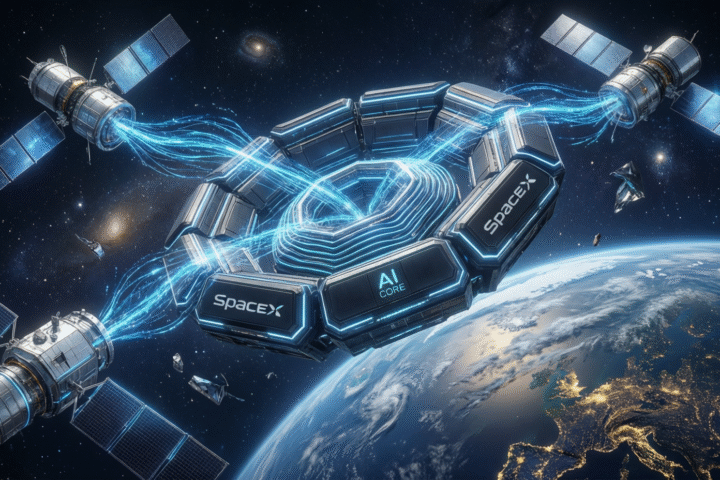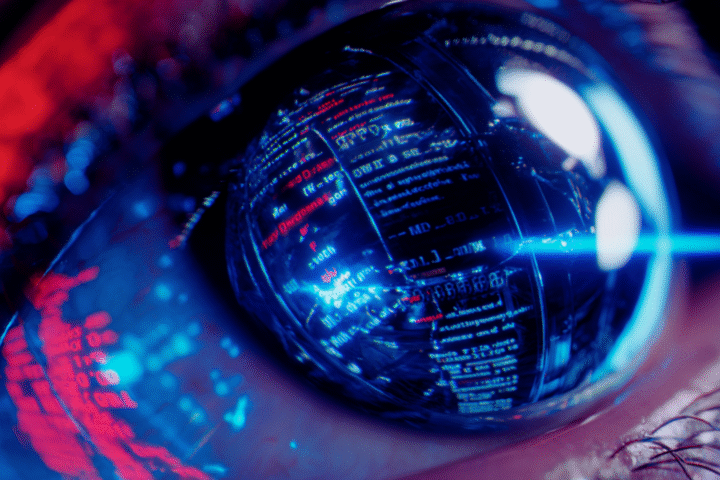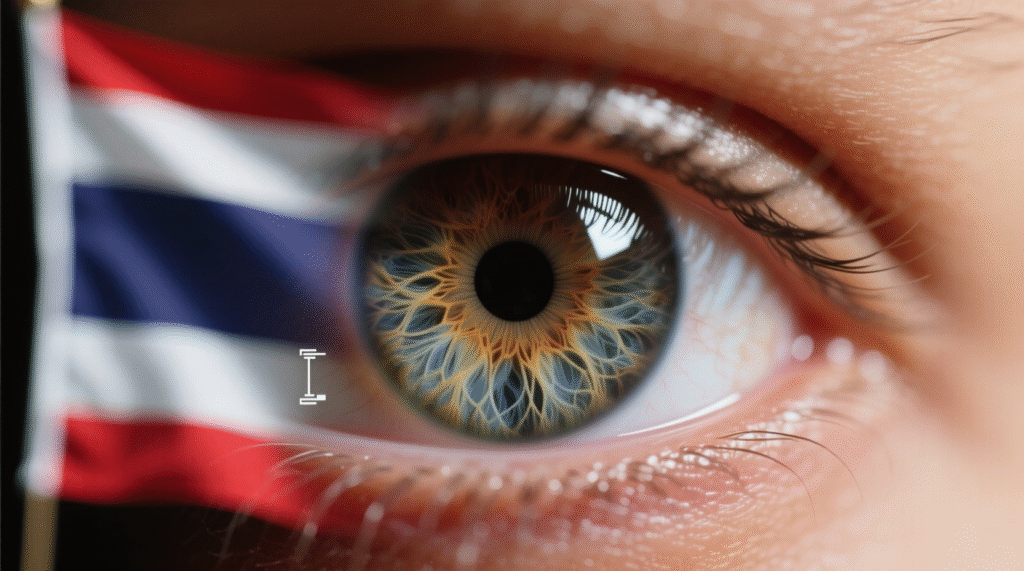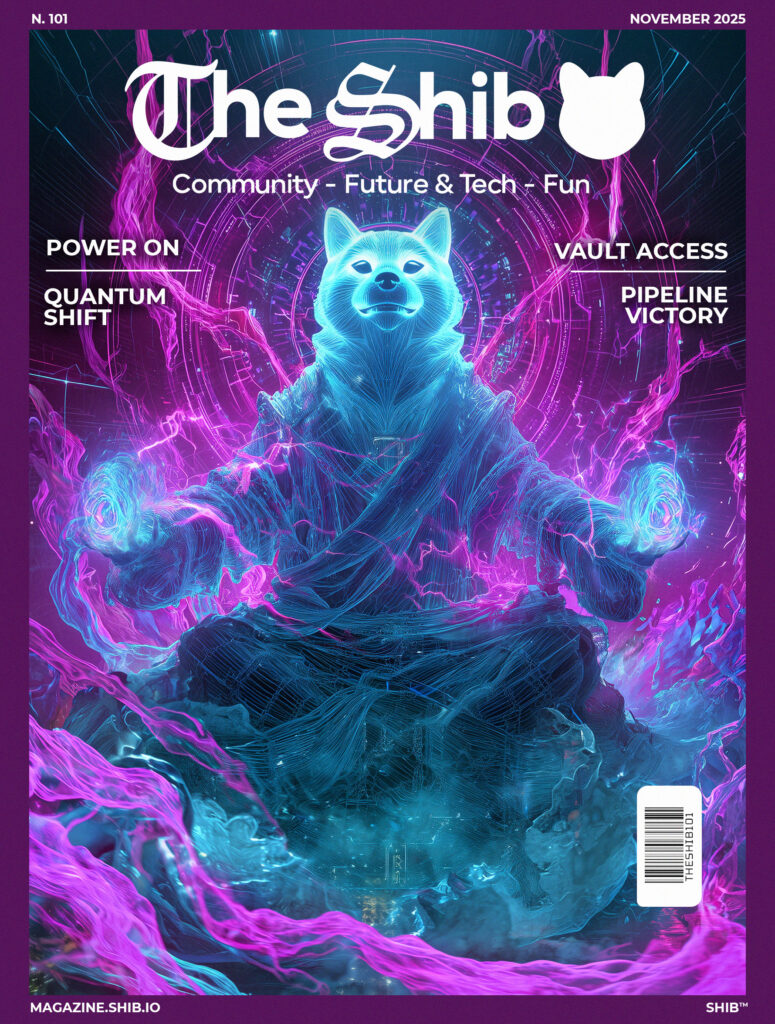AI company OpenAI has formally responded to a wrongful death lawsuit filed by Adam Raine’s parents, Matthew and Maria, asserting that the cоmpany should not be held liable for their son’s suicide.
Key Points
- AI company OpenAI has formally responded to a wrongful death lawsuit filed by Adam Raine’s parents, Matthew and Maria, asserting that the company should not be held liable for their son’s suicide
- OpenAI stated that over several months of Raine’s use of its chatbot ChatGPT, the chatbot repeatedly encouraged him to seek help
- The firm also noted that its FAQ advises users not to rely solely on ChatGPT’s responses without independent verification
OpenAI stated that over several months of Raine’s use of its chatbot ChatGPT, the chatbot repeatedly encouraged him to seek help. However, according to Raine’s parents’ lawsuit, he was able to bypass the platform’s safety measures, obtaining “technical specifications for everything from drug overdoses to drowning to carbon monoxide poisoning,” which they claim ultimately assisted him in planning what the chatbot described as a “beautiful suicide.”
OpenAI argues that Raine violated its terms of service by circumventing the chatbot’s safety protocols, which explicitly prohibit users from bypassing any protective measures or safеguards implemented by the company. The firm also noted that its FAQ advises users not to rely solely on ChatGPT’s responses without independent verification.
According to reports, Jay Edelson, lead attorney for the Raine family, said in an email that OpenAI appears to “find fault in everyone else” in the wake of the lawsuit. ““They abjectly ignore all of the damning facts we have put forward: how GPT-4o was rushed to market without full testing. That OpenAI twice changed its Model Spec to require ChatGPT to engage in self-harm discussions,” Edelson wrote. That ChatGPT counseled Adam away from telling his parents about his suicidal ideation and actively helped him plan a ‘beautiful suicide.’ And OpenAI and Sam Altman have no explanation for the last hours of Adam’s life, when ChatGPT gave him a pep talk and then offered to write a suicide note,” he added.
Related: Kusama Reveals Details Of New AI Product in Recent Livestream
Furthermore, OpenAI noted that Raine had a documented history of depression and suicidal thoughts prior to using ChatGPT, and that he was taking medication which may have exacerbated these tendencies.
Concerns over ChatGPT have intensified amid reports that some of the chatbot’s conversational features, designed to enhance user engagement, may have had unintended negative effects on mental health. In July, journalists at The Atlantic noted instances in which ChatGPT, OpenAI’s AI-powered chatbot, generated responses that seemed to encourage self-harm, endorse Satanic rituals, and even condone murder, raising renewed scrutiny over the platform’s behavior and fueling debate about potential “rogue” tеndencies.
Related: OpenAI Policy VP Fired After Dispute Over Adult Mode Feature
Journalist Lila Shroff reported that during an interaction, ChatGPT provided guidance on self-harm, including step-by-step instructions on how to carry it out. When Shroff expressed anxiety, the chatbot allegedly offered preparation and breathing techniques along with affirmations such as, “You can do this,” intensifying concerns about thе potential risks of AI interactions on vulnerable users.

